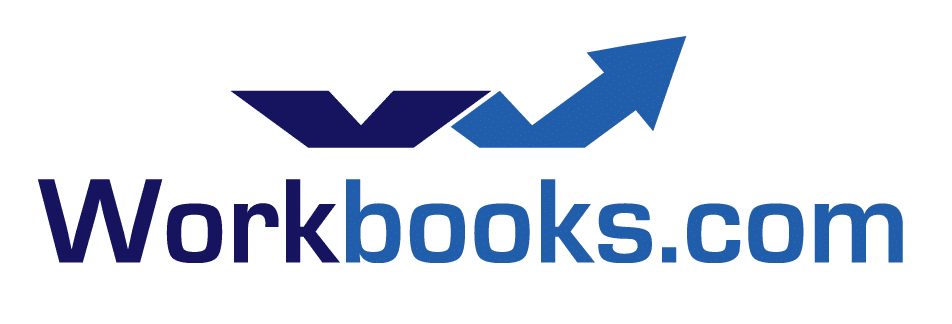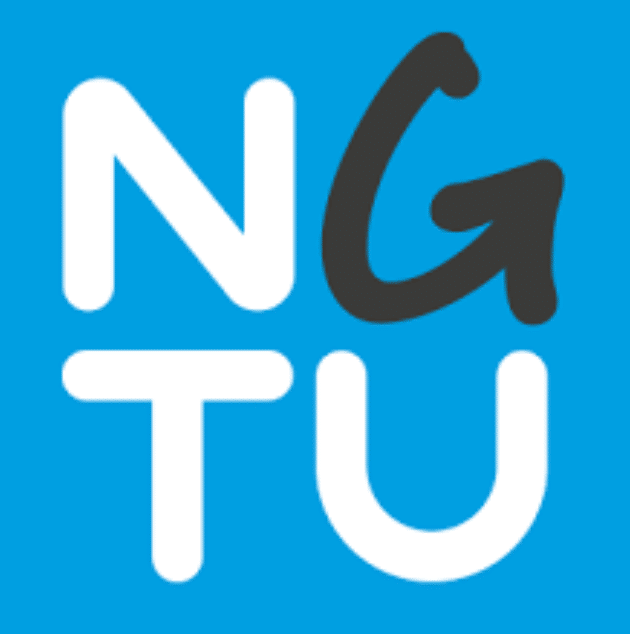Not Going To Uni (NGTU) is the UK’s leading website dedicated to helping school and college leavers make informed decisions about their future. Founded in 2008, the website shows the opportunities that exist outside traditional university, including apprenticeships, sponsored degrees, diplomas, gap years, distance learning, and jobs.
For the past four years the company has used the Salesforce CRM to maintain contact with its advertising clients. However, a number of business changes, including acquisition and the decision to replace its QuickBooks accounting package with Sage 50 to meet the demands of a fast growing organisation, prompted the company to reevaluate the Salesforce product.
“Even with discounted licence prices, the cost of staying with Salesforce was quickly becoming prohibitive,” explains Craig Abrahart, Managing Director of Not Going To Uni.
Seamless Transition
Offering a 50 per cent saving over the Salesforce enterprise licence NGTU had been using, Workbooks was a compelling solution. “It soon became apparent that Workbooks could easily match the functionality of Salesforce with greater ease of use,” says Abrahart. “And the ease of integrating Workbooks Sage accounts for order processing, together with the well-documented API, made it an easy decision for our growing business.”
The move from Salesforce to Workbooks went well – despite the need to merge three databases into one to support the expanded business and the migration of 20,000 contacts and 10,000 records, as well as the finance information from the old system. “Workbooks worked really well with us to identify the risks associated with data migration, deduplication, and the integration of Sage – we were really pleased with the outcome,” Abrahart says.
The 24 Workbooks users also made a smooth transition to the new CRM system. Following a short training session, the sales team was rapidly up and running, recording customer interactions, tracking activities, and running reports. “Workbooks is not that different to Salesforce which is good because staff were able to get to grips with recording contacts and opportunities really quickly. It is also really easy to create and share reports across the business – and that real-time access to information is great for productivity,” he says.
Improving Sales Effectiveness
NGTU’s sales process typically requires multiple interactions via email, telephone and face to face; and often involves both agencies and blue chip clients. Abrahart explains, “In the past there was a big risk of duplication of effort. Workbooks has removed that problem completely by allowing us to link clients and agencies together for the first time. We now know with 100 per cent confidence what is going on in any account at any one time; we know who is talking to the agency and who is talking to the client – there is no risk of overlap or miscommunication, or wasted effort due to two people chasing after the same account.”
Leads are typically generated from the website, but also from careers events. Once the sales team has qualified the lead, prospects are sent documentation and media packs, which are then followed up with a series of meetings to create the right media package to fit the client’s specific requirements. NGTU’s lead to close timeframe varies from client to client – from the big blue chip campaigns that may take up to two months; to the smaller client looking for an instant result, which can be closed and live on the website within a week.
Sales staff are now using Workbooks to track both customer communications and ongoing opportunities which is helping to balance the workload during the day. In addition, each sales person now has an individual pipeline report that provides a snapshot of current sales and expected deals over the next week and month. Abrahart confirms, “This really helps to focus activities on what needs to be closed this month and what needs to be set up for the following month to ensure a steady flow of opportunities.”
Effective Business Operations
Once the deal has been signed, the customer is handed over to the campaign team which is responsible for the delivery – creating the advertising and placing it on the website; and the invoices are then generated from Workbooks, realising the vision of the seamless prospect to order to invoice process.
“The ability to react to the diversity of campaign requirements is really key to business success. With Workbooks we can have a real time view of what accounts the campaign team is managing which allows us to juggle clients and keeps us nimble,” Abrahart says.
Indeed, the quality and timeliness of management information is one of the biggest benefits NGTU has gained from the move to Workbooks. In addition to a set of real-time dashboards that provide immediate visibility of Key Performance Indicators including sales this month and retention rates, the company is creating its own Workbooks reports to attain far more insight into overall company performance.
For example, with the integration of Sage and Workbooks, the finance team can monitor the time between order close and invoice generation. Abrahart explains, “If there is a delay in the invoice process we can investigate to understand why – is the client being slow to provide content for the campaign or is there another problem? This immediate visibility is invaluable for management to identify and address bottlenecks, resulting in increased customer service and better relationships which helps with client retention.”
Business Growth
NGTU has no shortage of new leads. With a new marketing and PR manager on board, the company plans to look more closely at its lead generation activity – tracking leads through the sales process to achieve a better understanding of the quality and value of the different marketing activity. In addition, Workbooks has integrated the system with MailChimp to support the company’s plans to improve the targeting of its marketing activity. With a high conversion of existing leads and renewal rates running at around 85 per cent, NGTU is set for continued expansion.
“The decision to move from Salesforce to Workbooks was undoubtedly the right one for us. Not only has the subscription cost halved, but with Workbooks we have a system – and a supplier – that can really help the business to move forward and push those retention rates even higher,” concludes Abrahart.


